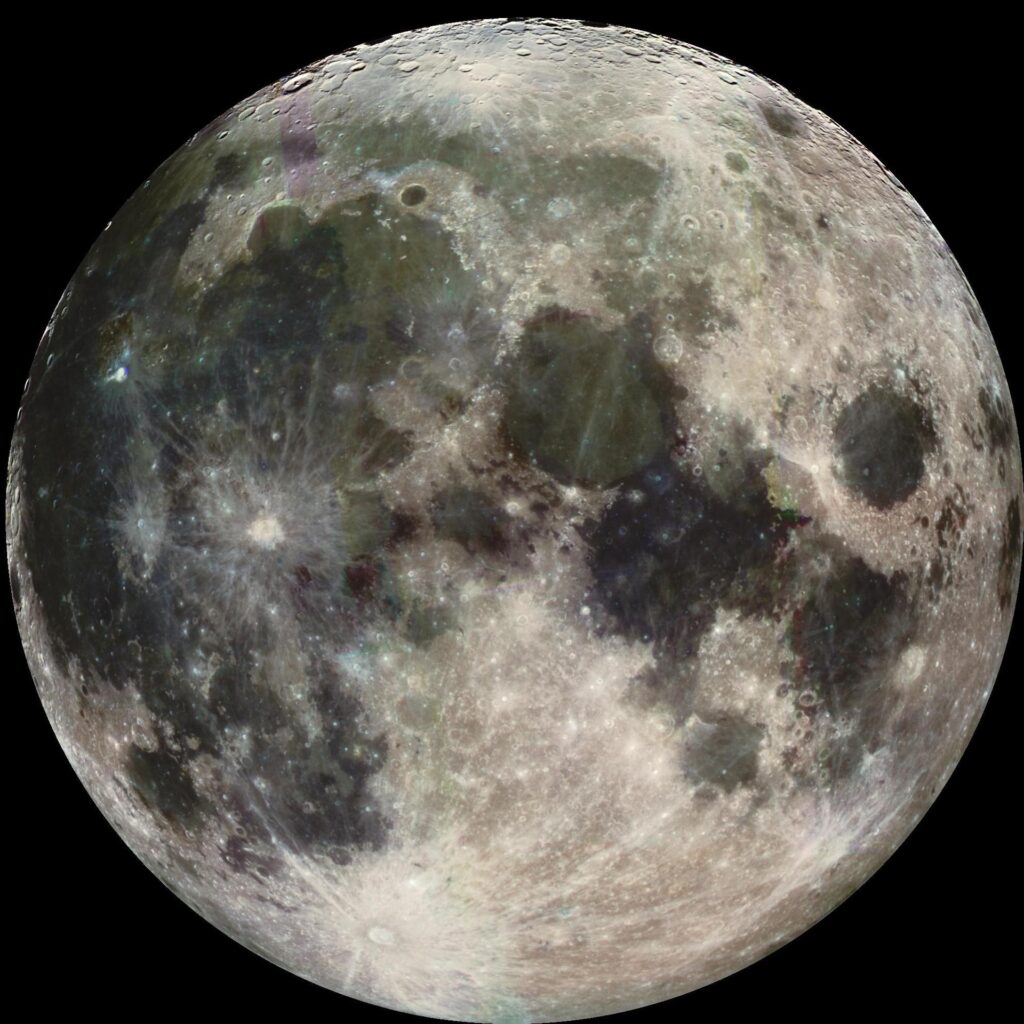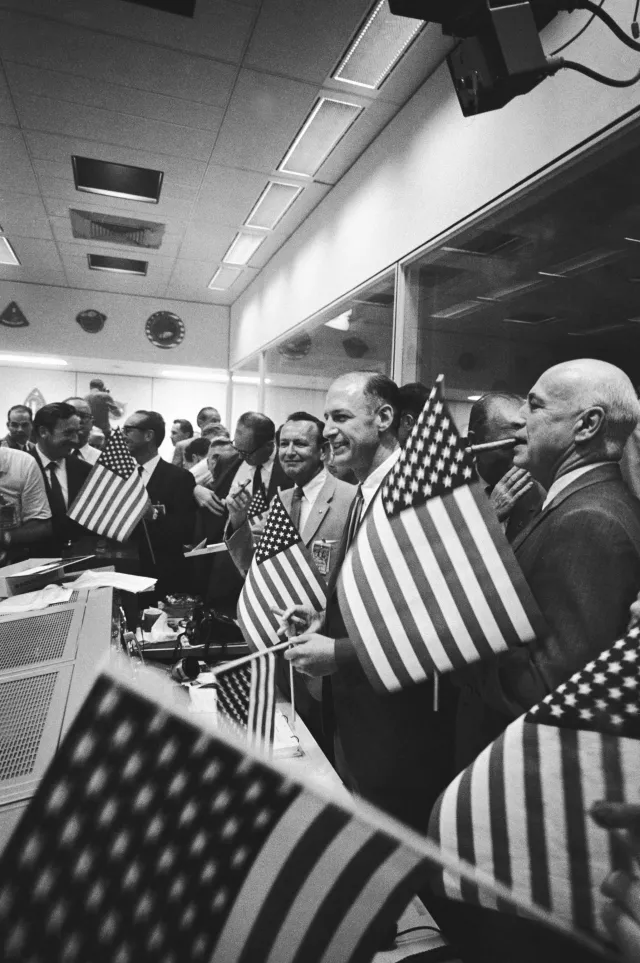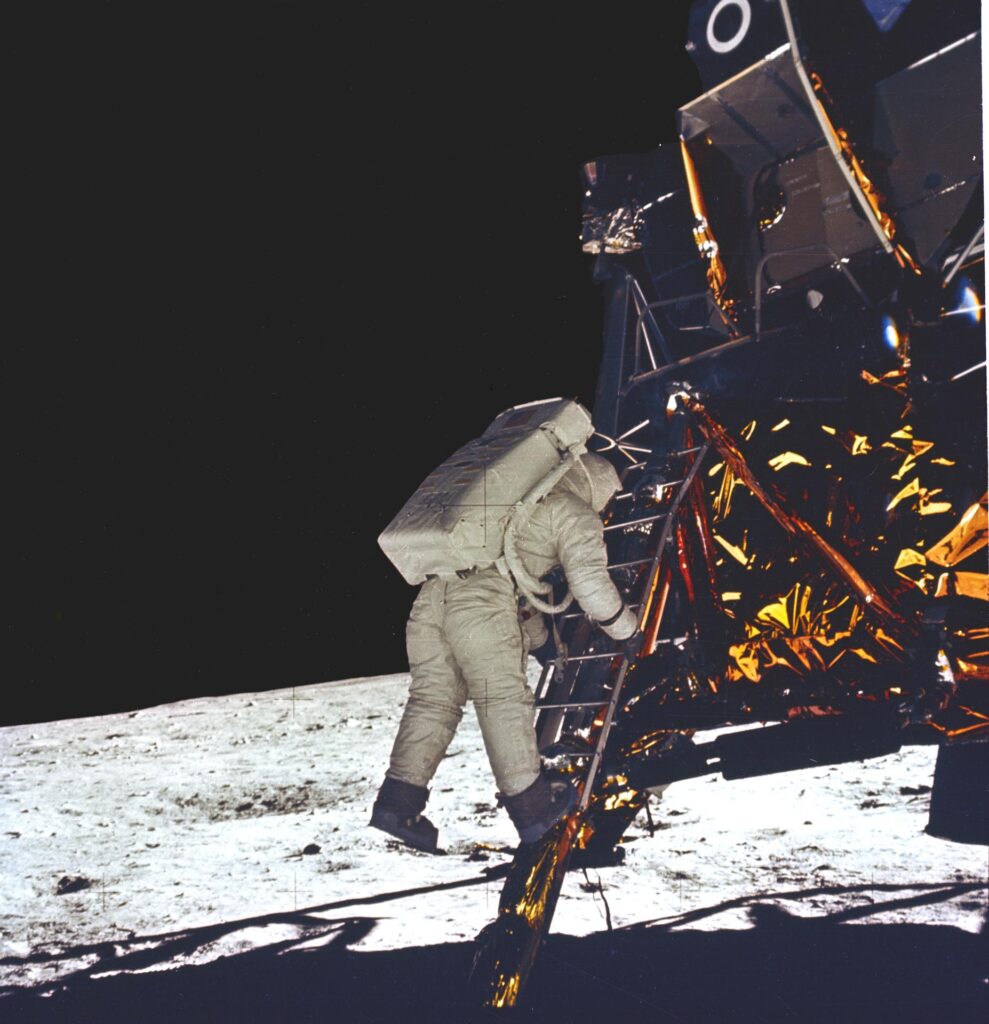by Natali Garcia

1.Why “The Moon?”
When encouraged to consider the possibilities of the future, we are often told to “shoot for the stars” or “the sky’s the limit.” We like to compare the greatest potential of our minds to the limitlessness and unconstrained value of the cold vacuum of space. According to UIUC The “vacuum” of space, in the literal sense, simply means that particles in space are very, very far apart( “Space Vacuum,” University of Illinois Urbna-Champaign). However, another type of vacuum exists in space. While recent advancements in technology have allowed us to gain a better understanding of these celestial bodies, the fascination with celestial objects that remain just out of reach has persisted in the human consciousness for centuries. And for centuries, these celestial objects have remained immaculate in the sky, untouched and unmarked by human interference. The unclaimed possibility speaks to us today, the same way Manifest Destiny spoke to Lewis and Clark. Because why admire the Heavens when you could have it for yourself? The fairy tale, “The Moon,” by the Brothers Grimm, reflects why humans are so obsessed with the Moon and celestial objects through the use of themes such as of domination, religion, divine intervention, and ethical dilemmas. The drive to conquer and claim has caused the desire to claim and control the Moon. “The Moon” serves as a cautionary tale against the defiance of religion and natural law. “The Moon” also mirrors the puzzling ethical questions facing institutions today in the pursuit of technological innovation. Humans have an infatuation with the moon, and only after analyzing one of these legends can we find where our infatuation truly begins.
2.Space Race!
The story of “The Moon” reflects one of the key drives to dominate the Moon itself. Control. Humans have claimed everything on earth: the sea, all the land, even the sky above us. For billions of years there has been no claim to the celestial object that has been a vital course of many religions, cultures and ways of life. After the brothers stumble across a “shining globe,” one of them remarks “We could make some use of this lamp”(Brothers Grimm 1). The Moon represents a type of power. The brothers lived where “the nights were always dark, and the sky spread over it like a black cloth”(Brothers Grimm 1). The ability to see at night was an ability that only this other nation or kingdom had. The brothers saw this and wanted to claim the Moon for themselves so they might have this power instead. The brothers actions reflect the greed of human nature in our desire to control the world around us. This is also seen in humans’ pursuit to claim the Moon by actually traveling there. This is exemplified by NASA’s Apollo 11 mission in the 1960’s which successfully landed the first man on the Moon (Albert K 1). The motivation for this amazing technological feat was to have the ability to launch and create missiles of ultimate destruction. During the Cold War the US and USSR “sought to vie for supremacy across cultural, military, political, and technological fronts” which sparked the space race (Leonard 1). It was the United States desire to gain a monopoly over space technology and the Moon that set us on a path of space exploration. Scientists, engineers, industry specialists, the government, and many more combined their skill sets and all helped to achieve what seemed to be an impossible goal. The danger of this kind of camaraderie and unity was that it was only achieved through the common goal to dominate. The collaboration between the four brothers was in an effort to claim, just as it was in the 1960’s. Although their collaboration is commendable, the goal of their actions reflected their greed. The US and the four brothers didn’t want to share their hold on the Moon with anyone else. Both parties wanted a monopoly on the celestial object, and earned a sense of safety after accomplishing their goal. However, how do we know that our desire to roam, and claim won’t come back to haunt us, just as greed got the better of the four brothers?

3. Lunar Origins
“The Moon” uses religion to try and explain the origins of the moon along with the consequences of humans overstepping boundaries of nature. The brothers attempted to keep their pieces of the moon since they believed it to be their property due to the “claim” they had on the it. As a result of their greed, when all the pieces of the Moon had been buried with the four brothers, “the pieces of the moon had united… and the dead became restless and awoke from their sleep” (Brothers Grimm 1). The dead rising was the result of the punishment of humans interfering in the divine. There were unintended consequences of messing with the laws of nature and celestial benevolent objects. The four brothers attempted to play god and claim the Moon as their own. As a result of their selfishness the dead began to rise. However, how do we know that our desire to roam, and explore won’t come back to haunt us, just as greed got the better of the four brothers? Humans are obsessed with the things they can’t have. The idea of making something so unattainable like the Moon, become branded by humans is an act of defiance. In the tale “The Moon,” which has christian ties by its Germanic origin, claiming the “shining globe,” is an act of defiance against god. However, in reality, the goal to claim the Moon can be an act of defiance of natural laws, or a challenge of moral ambiguities. This celestial object was never meant to be branded, tied to a nation or set of ideals. Yet an American flag is planted atop the lunar surface. In the story of “The Moon” the consequences of their actions came later. However in real life the consequences are yet to be seen.
The fairy tale,“The Moon,” has an unclassified ATU category. The tale cannot be classified as a tale of magic, religious tale, realistic tale, or any of the other 4 types(Grimm Brothers’ Children’s and Household Tales). “The Moon” tries to explain how the real Moon was created. Through a story that combines religion, observation, mystery and human nature. “The Moon” explains how celestial objects were never meant to belong to humans. Entangled in the idea of the creation of the moon is the ATU category of religion, adventure, realism, magic and magical creatures. The Moon is mysterious and the story about the four brothers demonstrates the desire to possess it even beyond death. Through their teamwork and collaboration they take the Moon, but divine intervention must take it away because humans are not fit to own something so divine, mysterious, or seraphic. The moon has long since been deemed as something beyond human understanding because it is so unattainable. However, through the increase of space technology, St.Peter’s Gate of Heaven is becoming a lot closer. NASA’s next mission may change the benevolent and celestial position of the Moon. Low earth orbit is soon to become commercialized. Through the Artemis project humans have will return to the Moon by September 2025, the first time since 1972. Time and time again humans keep returning to the Moon (M. Smith). Our desire to understand, dominate, and our own human nature pushes us to explore our curiosity and expand our domain of control.

4. Human vs Moon
It is human nature to want what others have. We see a shiny thing and we want it for ourselves. Character determines whether we choose to take it, or leave it. In “The Moon,” the four brothers choose to take the shiny object they see. The first brother suggests “what a pleasure it would be not to have to feel about at night in the darkness!”, the second served as the leader for this task and “The fourth brought a cart and horses, and the third climbed the tree.” (Brother Grimm 1). The four brothers saw something of value and their immediate response was to seek a way to exploit it. They saw something valuable and they wanted to claim it. The brothers’ greedy and selfish mindset is something true not only in the context of this story, but is true in the mind of all humans. Elon Musk, while known mainly as a great technological innovator and founder of companies like SpaceX and Tesla shares this mindset. In 2023, Musk expressed his implicit support for overthrowing a country in South America, a country with rich natural lithium resources (South American Country is World’s Second Largest Lithium Exporter, Desired by Elon Musk 1). The US is also known for similar practices in which they recognize the value of another country’s natural resources and seek to exploit it under the pretense of national security. This has happened several times throughout history, where western industries will push the boundaries of science, an innovation despite the detrimental effects on other countries. The brothers’ undoing was their attempt to take their riches with them in death. Instead of sharing their gifts they wanted to keep it for themselves. The four brothers demonstrate the danger of greed and giving into temptation.When the “evil” is allowed to wander free, albeit in the form of walking dead or indecorous tech companies. Both will exploit the resources for their own personal gain. Saint Peter represents order and he returns the world to the way it was. This story speaks to the default of human nature and the constant pull towards greed and gluttony. The brother saw something valuable and immediately thought to make it for themselves. The competition to claim the Moon will never cease because of the default of human nature that seeks to dominate and control.
Moon and Beyond
Human infatuation with the Moon stems from its mysterious, seraphic ever changing state that has been attempted to be dominated, explained by religion and has brought up questions of morality which are all reflected by the fairy tale “The Moon.” The tale reflects the dangers of innovation, and the hidden motivation behind our accomplishments. The actions of the four brothers reflect the selfishness of human nature. The drive to claim and dominate things is the very concept that has driven the course of human history. No one has yet to have a complete monopoly over the Moon or the rest of space. However, innovative technology has made the possibility of commercialized space travel and even travel to another planet possible. Saint Peter, and the heavens and all of the unknown are becoming closer, and more attainable.The danger of domination looms over the Moon just as it did in the fairy tale. Whether humans choose to share the celestial world will be determined by the character of the entities, and industries that have been driven by greed for hundreds of years. We are pushing the boundaries of our curiosity. We are pushing the bounds of science and using our resources to fuel our fascination with the unknown. However, what will we do with that once we discover it? Who will own Mars, who will have a monopoly over the Moon, who will be allowed to visit? Will we separate by class, race, or nationality? Something that used to be so universal will now become just as fixed as our own world. The unknown will become something familiar, it will be infected with the problems of our world instead of staying celestial and benevolent. “The Moon” warns against the domination of things that are meant to be universally enjoyed by everyone. Instead the Moon is being colonized for future billionaires to spend their vacations. As human ability increases with the innovation of technology the question remains of the consequences of trying to play god.
Works Cited
“Apollo 11.” NASA, https://www.nasa.gov/gallery/apollo-11/. Accessed 29 Apr. 2024.
“Brothers Grimm Fairy Tales.” The Moon, https://www.worldoftales.com/fairy_tales/Brothers_Grimm/Margaret_Hunt/The_Moon.html#gsc.tab=0. Accessed 26 Apr. 2024.
David, Leonard. Moon Rush: The New Space Race. National Geographic Partners, 2019, pp. 184–247. Accessed 28 Apr. 2024.
Grimm Brothers’ Children’s and Household Tales (Grimms’ Fairy Tales). https://sites.pitt.edu/~dash/grimmtales.html. Accessed 29 Apr. 2024.
Lai, Albert K. The Cold War, the Space Race, and the Law of Outer Space: Space for Peace. Routledge, 2021. Web. 28 Apr. 2024.
“Moon Galleries.” NASA Science, https://science.nasa.gov/moon/galleries/. Accessed 29 Apr. 2024.
M. Smith et al., “The Artemis Program: An Overview of NASA’s Activities to Return Humans to the Moon,” 2020 IEEE Aerospace Conference, Big Sky, MT, USA, 2020, pp. 1-10, doi: 10.1109/AERO47225.2020.9172323. Accessed 26 Apr. 2024.
“Space Vacuum.” UIUC, https://van.physics.illinois.edu/ask/listing/1132. Accessed 29 Apr. 2024.
“South American Country is World’s Second Largest Lithium Exporter, Desired by Elon Musk.” CE Noticias Financieras, English ed. ed., Mar 14 2024, ProQuest. Web. 26 Apr. 2024.
“The Space Race.” National Air and Space Museum, 6 Mar. 2023, https://airandspace.si.edu/explore/stories/space-race. Accessed 28 Apr. 2024